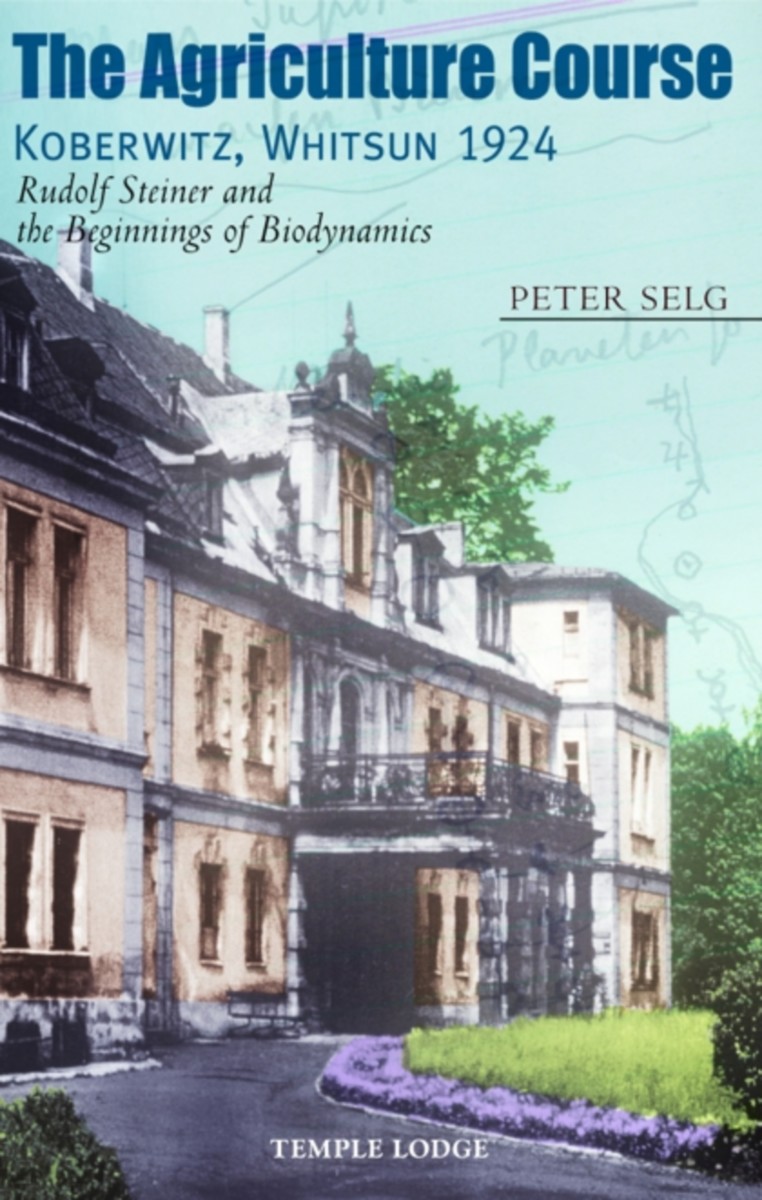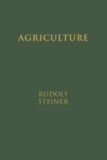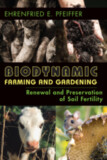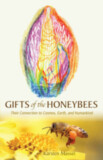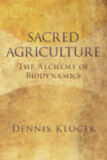The Agriculture Course, Koberwitz, Whitsun 1924
Rudolf Steiner and the Beginnings of Biodynamics
- Publisher
Temple Lodge Publishing - Published
3rd May 2010 - ISBN 9781906999087
- Language English
- Pages 208 pp.
- Size 5.5" x 8.5"
“I grew up entirely among peasant folk, and in my spirit I have always remained there—I indicated this in my autobiography. Though it was not on a large farming estate as you have here, in a smaller domain I myself planted potatoes, and though I did not breed horses, at any rate I helped to breed pigs. And in the farmyard of our immediate neighborhood I lent a hand with the cattle. These things were very close to me for a long time. I took part in them actively. Thus I do at any rate have a love of farming...” — Rudolf Steiner
Biodynamic agriculture, which has increased consistently in popularity over the years, was born in June 1924 from a single course of eight lectures by Rudolf Steiner in Koberwitz (now in Poland).
In The Agriculture Course, Peter Selg presents a remarkable study of the context of those lectures, conveying a tangible sense of the celebratory mood and atmosphere of those events at Pentecost. He highlights Steiner’s intentions for the course—and parallel lectures in Breslau—by drawing widely on the available literature and numerous archival sources.
Recognizing that chemical manipulation of agriculture was neither desirable nor sustainable, Steiner helped launch an agricultural movement whose outlook is truly pioneering in spirit. As Selg describes, Steiner saw that “what was needed instead was new, conscious insight into life forces and laws, into the nature of organisms, into the diverse realms of nature, and the determining factors of both Earth and cosmos that influence them.” The vivid picture painted here reveals the importance that Steiner placed on launching this work, as well as the extent to which his initiative offered an answer to the emerging forces of cultural and political destruction that would lead to World War II.
The Agriculture Course, Koberwitz, Whitsun 1924 is a translation from German of Koberwitz 1924: Rudolf Steiner und der Landwirtschaftliche Kurs (Rudolf Steiner Verlag, 2009).
C O N T E N T S:
Introduction
1. The Prospect of a “Private Course”
Rudolf Steiner, the Farmers, and Koberwitz Mansion
2. The Journey Eastwards
The Christmas Foundation Meeting and the Arrival in Koberwitz
3. “Glorious Whitsun Weather”
The Atmosphere of the Conference
4. The Mysteries of Agriculture
Motifs of the Course
5. The Human Being’s Cosmic Destiny
Rudolf Steiner’s Karma Lectures in Breslau
6. The Human Being, The era of Michael and Nature
Rudolf Steiner’s Addresses to Young People
7. “Now We Have Accomplished that Important Work as Well”
Rudolf Steiner’s Departure
Notes and References
Bibliography
Peter Selg
Peter Selg studied medicine in Witten-Herdecke, Zurich, and Berlin and, until 2000, worked as the head physician of the juvenile psychiatry department of Herdecke Hospital in Germany. Dr. Selg is director of the Ita Wegman Institute for Basic Research into Anthroposophy (Arlesheim, Switzerland), professor of medicine at the Alanus University of Arts and Social Sciences (Germany), and co-leader of the General Anthroposophical Section at the Goetheanum. He is the author of numerous books on Rudolf Steiner, anthroposophy, medical ethics, and the development of culture and consciousness.


